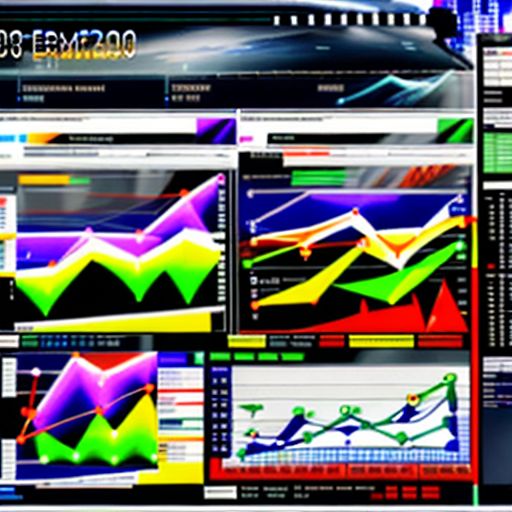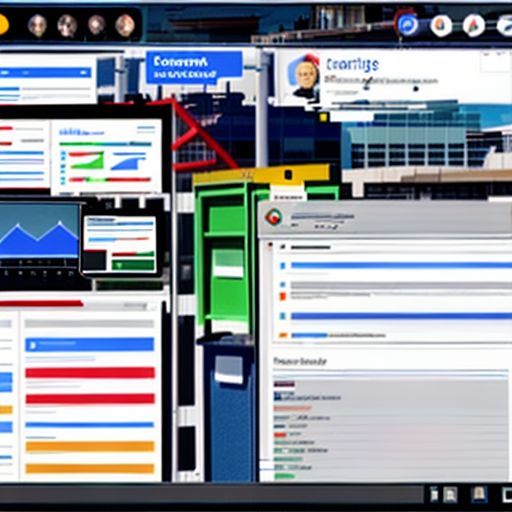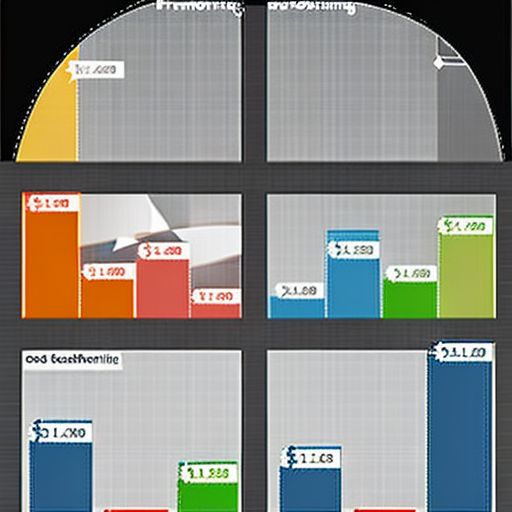Finding the Best ERP for Small Business: A Comprehensive Guide
Navigating the world of business software can feel like entering a labyrinth, especially for small business owners. You’re bombarded with acronyms like CRM, CMS, and of course, ERP. But understanding ERP for small business and finding the Best Erp For Small Business can be a game-changer. It’s about streamlining operations, boosting efficiency, and ultimately, driving growth.
What Does “Best Erp For Small Business” Even Mean?
Let’s break it down. ERP stands for Enterprise Resource Planning. Think of it as a central nervous system for your business. A good ERP system integrates all your core processes – from inventory and sales to accounting and human resources – into one unified platform.
But here’s the catch: not all ERPs are created equal. While large corporations might need complex, customized solutions, small businesses need something more agile and affordable. The best ERP for small business offers:
- Scalability: Start with the features you need now and seamlessly add more as you grow.
- Affordability: Look for solutions that fit your budget without compromising on essential functionality.
- Ease of Use: A user-friendly interface is crucial, especially for teams with limited technical expertise.
Why is Finding the Right ERP So Important?
Imagine this. Instead of juggling spreadsheets and separate software for each department, you have a single source of truth for all your business data. That’s the power of a well-chosen ERP system. It can lead to:
- Improved Collaboration: Break down data silos and foster better communication between departments.
- Increased Efficiency: Automate tasks, reduce manual errors, and free up valuable time to focus on strategic initiatives.
- Better Decision-Making: Gain real-time insights into key performance indicators (KPIs) to make informed business decisions.
- Enhanced Customer Experience: From streamlined order processing to improved inventory management, a good ERP can help you deliver a seamless customer journey.
Frequently Asked Questions About ERP for Small Business
What are the core modules to look for in an ERP?
Most small businesses will benefit from modules such as:
- Financial Management: Track income and expenses, manage invoices, and generate financial reports.
- Inventory Management: Monitor stock levels, track orders, and optimize inventory control.
- Sales and CRM: Manage customer interactions, track leads, and analyze sales data.
- Human Resources: Manage employee information, track time and attendance, and process payroll.
How much does an ERP system cost?
The cost of an ERP system can vary widely depending on the vendor, features, and deployment model (cloud-based vs. on-premise). Cloud-based solutions often offer more affordable subscription-based pricing, making them an attractive option for small businesses.
What are the signs that your business needs an ERP?
- You’re struggling to keep up with manual processes and spreadsheets.
- You lack visibility into key business data.
- Your departments are operating in silos.
- You’re experiencing inventory management issues.
- You’re having difficulty scaling your business.
business.gamingids.xyz/wp-content/uploads/2024/07/erp-software-669231.jpg" alt="ERP Software" width="512" height="512">ERP Software
Exploring Related Keywords: Unveiling More Insights
While “best ERP for small business” is a great starting point, understanding related keywords can help you refine your search and find the perfect solution for your unique needs. Here are some key terms to explore:
Cloud ERP
Cloud ERP solutions are hosted on the vendor’s servers and accessed via the internet. This eliminates the need for expensive hardware and IT infrastructure, making them a popular choice for small businesses.
Industry-Specific ERP
Some ERP vendors offer solutions tailored to specific industries, such as retail, manufacturing, or healthcare. These industry-specific ERPs come pre-loaded with features and functionalities relevant to your sector.
Open Source ERP
Open source ERP software provides access to the source code, allowing for greater customization and flexibility. However, it typically requires more technical expertise to implement and maintain.
Making the Right Choice: Your Path to Growth
Finding the best ERP for small business is not a one-size-fits-all endeavor. It requires careful consideration of your budget, business needs, and long-term goals. By understanding the key features, exploring related keywords, and asking the right questions, you can confidently choose an ERP solution that empowers your business to thrive.
Ready to take your business to the next level? Share your thoughts, questions, or experiences with ERP implementation in the comments below! Let’s start a conversation and help each other grow.






